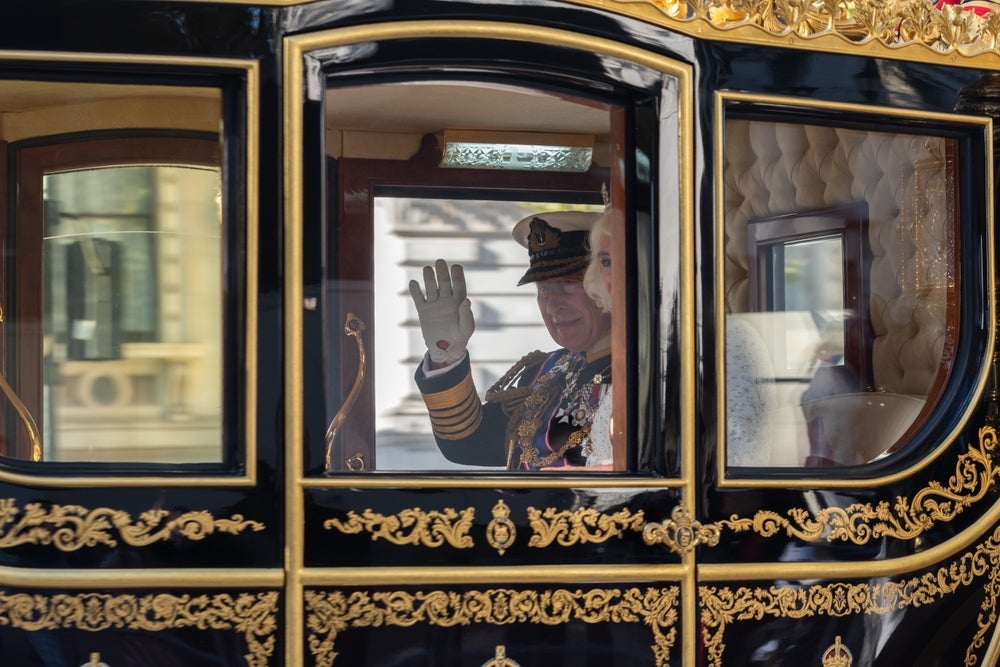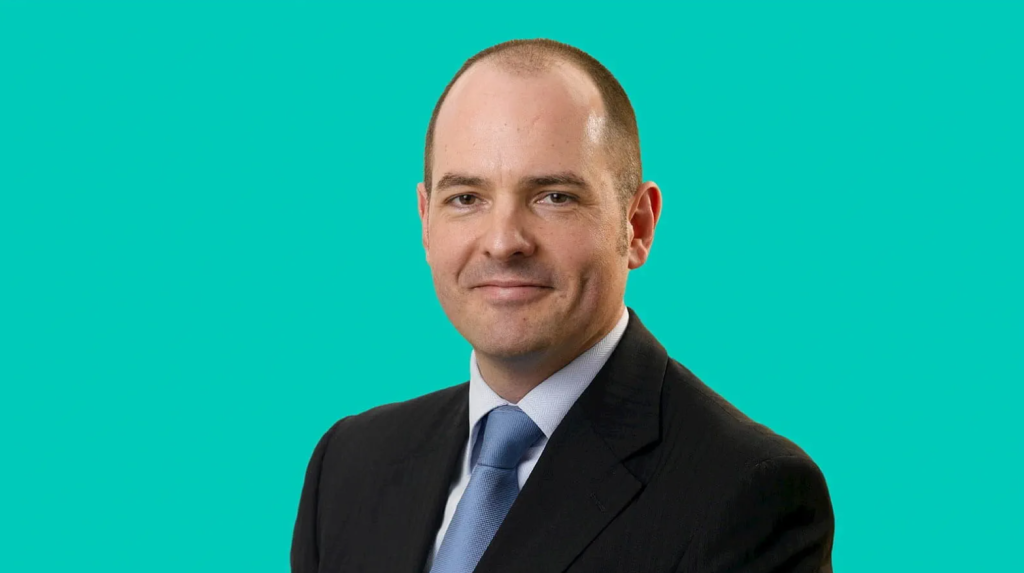I read with interest a couple of recent articles by Harriet Agnew, City correspondent at Financial Times. One announces that KPMG UK is launching a private members club in Mayfair, west London.
The other is an interview with Simon Collins, chairman of the very same firm, in which among other thoughts, he reflects on the (quite uncertain) future of audit services and the never resolved expectations gap. Both pieces are more interconnected than it may appear at first glance.
The members club, at 20 Grosvenor Street and thus authoritatively dubbed as No.20, is a radical new idea – if we were living in the Victorian era. The reader, however, should not jump to conclusions misled by these biased notes.
KPMG’s No.20 doesn’t seem to be the kind of men-only club, where gentlemen born with a silver spoon drink brandy, smoke cigars and read The Times in leather lounge chairs while listening to a Chopin nocturne.
Quite the contrary, as Collins tells Agnew, it is just somewhere in the West End where non-execs "can go, drop a bag, get something typed, call a cab, have a shower, a coffee and a sandwich, and meet other people".
All well and good. But being only for clients and partners of KPMG, I’ve just missed again the chance to use my favorite Groucho Marx quote: "I don’t want to belong to any club that would have me as a member".
How well do you really know your competitors?
Access the most comprehensive Company Profiles on the market, powered by GlobalData. Save hours of research. Gain competitive edge.

Thank you!
Your download email will arrive shortly
Not ready to buy yet? Download a free sample
We are confident about the unique quality of our Company Profiles. However, we want you to make the most beneficial decision for your business, so we offer a free sample that you can download by submitting the below form
By GlobalDataNot even being eligible for KPMG’s club, I should be happy with my gym membership. In essence, it features the same benefits described by Simons – except for the good company of accountants, non-execs and the like.
As an ordinary citizen, I should perhaps put down the read of The Economist and Financial Times and devote more time to understand whether Corbynomics is closer to Karl or Groucho Marx – we spoke with Richard Murphy for that purpose.
However, the privileges of KPMG’s club might not just be reserved for the "well-heeled" constituents of the FTSE100. Maybe less sophisticated clients might also be entitled to find solace in No.20.
As other Big Four firms, KPMG is also targeting the SME sector. Last year it launched KPMG Enterprise, extending their services to smaller businesses. Surely they can hang out at No.20 too.
And this connects with Agnew’s second piece. Regardless of what Collins says about the importance of audit services, the next frontier for accountancy firms to conquer is consulting and advisory. Check out our non-audit services monitor to have an approximation of this demise.
At the end of the day, what the heck is an audit for? That’s a question that must cross the mind of investors constantly, together with the thought: we just don’t care about the expectations gap.
Jim Peterson, in-house lawyer at Arthur Andersen until 2001, can shed some light on this. He is now revising the proofs of a new book, which issues a prophetic warning about the future of the "Big Audit model". Have a sneak peek of what would happen if one of the Big Four collapses.
Finally, I just wonder what would hang in the walls of a club like No.20. Would it be hunt trophies from former British colonies or masterpieces from the Italian Renaissance?
A more practical option would be to frame the audit reports of the financial institutions that crashed in 2008. Some of them are worth millions, such as Lehman Brothers’ clean bill of health: $10m according to the New York State Attorney General’s office.
But that’s just spare change in the big picture and audit is not any more the goose that lays golden eggs. We are approaching the end of an era.






